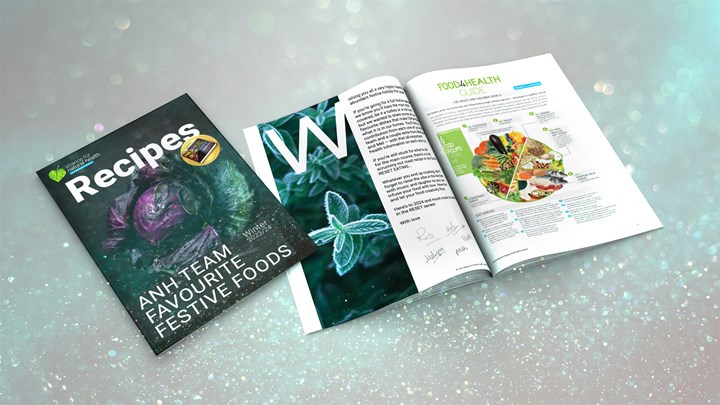Vitamin B12 deficiency awareness goes mainstream
It’s heartening to see a vitamin B12 deficiency awareness article in the UK mainstream media. It’s pretty much a first to see helpful, rather than dismissive information on this very common, but all too frequently, misdiagnosed condition. The article reports on the case of Samantha Nash, who was suffering from crippling fatigue, and low concentration levels, such that she had to give up her job, and driving. At aged 42, Samantha says she was, “astonished to be told I had a dietary deficiency”. Retired GP, Dr Joseph Chandy, president of the B12 Deficiency Support Group, has said that, “up to 18 per cent of the population are deficient in it, with 80 per cent of these women”. David Smith, Professor Emeritus of Pharmacology at Oxford University concurs, saying “left untreated, a vitamin B12 deficiency can cause serious and sometimes permanent neurological damage”. Smith stresses, “under NHS guidelines B12 deficiency has to be identified by one of two possible blood tests — ‘both of which are unreliable’”, and that, “The definition of deficiency in the UK is a reading below 200 pg/ml… harm to the brain ‘can begin at anything below 500’”. ANH-Intl have previously reported on the urgent changes being called for in healthcare provision to address rampant B12 deficiency and misdiagnosis.
Wheat sensitivity in non-coeliacs proven
For the first time a new study has found biological reasons for wheat sensitivity in non-coeliacs. It found that a significant number of people who reported adverse reactions to wheat, but did not suffer from coeliac disease, showed “biomarkers indicating intestinal damage and systemic immune activation”. Author professor Armin Aladdin of Columbia University Medical Center revealed that the research team are now looking at ways to develop a blood test which could be used to diagnose non-coeliac wheat sensitivity patients.
Bayer – Monsanto merger threatens our food supply
Two former Justice Department officials have warned that the proposed merger between the agroindustrial giants Bayer and Monsanto “is a five-alarm threat to our food supply and to farmers around the world”. The recent white paper has stated a number of terrifying consequences that could come as a result of the Bayer - Monsanto takeover. An increase in Monsanto’s already significant market power, increasing their dominance in herbicides and genetic traits for seeds is just one of many.
Nutrition science is broken
According to researchers traditional ‘nutritionist’ approaches have failed to combat the rise in obesity and associated cardiometabolic disease. In their view, “Current approaches to human nutrition focusing on individual nutrients are inadequate and should be replaced by a more holistic approach”. Several authors have argued that, “In emphasising specific nutrients, it [traditional approaches] fails to take into account the fact that food components interact in complex ways to give rise to emergent properties of diets that are not explicable at the level of individual chemical parts”. Instead they suggest that an approach based on “nutritional ecology”, looking at the systems as a whole would be more appropriate.
Supermarkets promote unhealthy food choices
According to new research carried out by the consumer group Which, supermarkets in the UK are promoting more unhealthy food products than healthy ones. Considering that “Price promotions increase the amount of foods people buy by around one fifth” this could be playing a huge role in the UKs obesity epidemic. Should supermarkets not be using this knowledge to encourage people to make healthier food choices?
Polyphenols reduce risk of stroke and heart attack
According to a new study, “Higher dietary intakes of polyphenols like flavanones and anthocyanins are associated with a reduced risk of stroke and heart attack for men”. Polyphenols are most commonly consumed through fruits such as red or blue berries, as well as citrus fruits and can easily be incorporated into a healthy balanced diet. The authors of the study explained that, “the potential heart health benefits of the polyphenols are reported to improve blood flow and inhibit platelet function”.








Comments
your voice counts
There are currently no comments on this post.
Your voice counts
We welcome your comments and are very interested in your point of view, but we ask that you keep them relevant to the article, that they be civil and without commercial links. All comments are moderated prior to being published. We reserve the right to edit or not publish comments that we consider abusive or offensive.
There is extra content here from a third party provider. You will be unable to see this content unless you agree to allow Content Cookies. Cookie Preferences